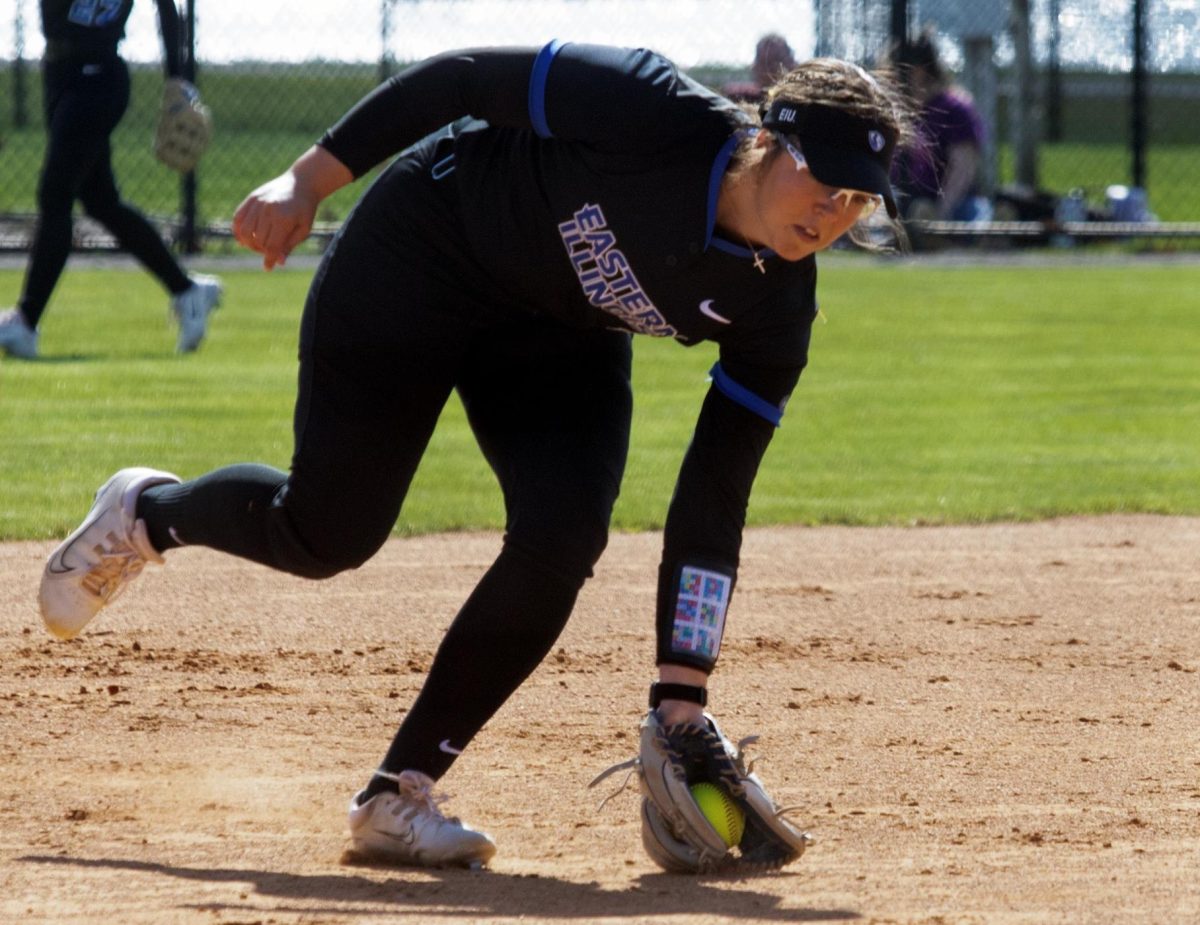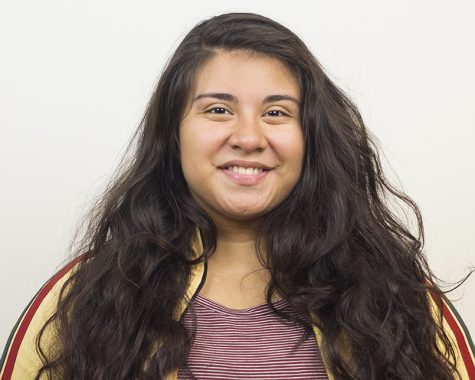Workgroup no. 9 works towards final recommendations
March 27, 2017
Workgroup No. 9, Academic Visioning II, continued working toward the final report it will turn in for its April 14 vitalization project deadline.
The report will include ideas the subcommittees on organizing academic colleges, differential tuition models and variable learning models discussed during various town hall meetings this past February.
During the meeting, Workgroup chair Melinda Mueller, a political science professor, said she and education professor Jay Bickford met with Jeff Cross, associate vice president for academic affairs, last Wednesday to discuss their previous recommendations.
Mueller said the idea to reorganize academic colleges and combine certain programs and departments were mostly met with positivity.
She said during the meeting with Cross, he pointed out the entrepreneurial potential for possibly expanding the School of Continuing Education.
However, he said this idea would need a strong advocate.
Mueller said the workgroup will add the possible option of combining different academic colleges under the same title to the final report, but the Board of Trustees may ultimately conclude the current academic college organization should not change.
“(We) hope (the administration) works toward a more unique way of developing the learning process,” Mueller said.
The final report will include a list of other institutions the workgroup compared Eastern to regarding retention rates, recruitment, class sizes and term and session lengths.
This would be compared to the variable learning models subcommittee’s recommendations for possible 13-week semesters, the expansion of summer sessions and additional sessions between the spring and fall semesters.
The report will have mock schedules of what a 13-week semester would look like and how a course schedule would fit into a yearly academic calendar.
English professor Suzie Park said she wants it to be clear that although the recommendations are specific, the workgroup offered these ideas as a flexible blueprint.
Amanda Harvey, interim associate director for Health Service, said she thinks it is important for those reading the report to understand that the recommendations can be worked with.
Health studies professor Sheila Simons agreed with Harvey.
“We just want to get our big toe in the door,” Simons said.
Harvey said part of the variable learning models portions of the report should highlight the scheduling problems faculty and students face during course registration.
Richard England, dean of the Honors College, made suggestions to put the most important recommendations at the front of the report to make sure they are emphasized and read.
“I’m just trying to make people want to read this,” England said.
Mueller wanted to work on compiling the questions and comments from the audiences of the past town halls the workgroup hosted.
Although the workgroup did not get the chance to send out a survey so students could evaluate their suggestions, they felt a survey of student reactions would require a focus group rather than a broad generalization of the student body.
Mueller said the group may want to suggest that once Eastern President David Glassman or the Board of Trustees review the final reports, they consider making a task force to look at the recommendations and work on them rather than shelving them.
Workgroup No. 9, Academic Visioning II will have another meeting at 1 p.m. next Monday, April 3.
Angelica Cataldo can be reached at 581-2812 or amcataldo@eiu.edu.
















![[Thumbnail Edition] Senior Foward Macy McGlone, getsw the ball and gets the point during the first half of the game aginst Western Illinois University,, Eastern Illinois University Lost to Western Illinois University Thursday March 6 20205, 78-75 EIU lost making it the end of their season](https://www.dailyeasternnews.com/wp-content/uploads/2025/03/WBB_OVC_03_O-1-e1743361637111-1200x614.jpg)













![[thumbnail edition] Assistant Coach of the Linebackers, Rodman Noel talking to the linebackers about their positions at O'Brien Field on the Eastern Illinois University campus, Charleston Ill.](https://www.dailyeasternnews.com/wp-content/uploads/2025/04/FB_24_O-1-e1744671213207-1200x609.jpg)
![[THUMBNAIL EDITION] (From left to right) Head football coach Chris Wilkerson works with his son student assistant coach Peyton Wilkerson at football practice at O'Brien Field on the Eastern Illinois University campus on Thursday.](https://www.dailyeasternnews.com/wp-content/uploads/2025/04/FB_25_O-1-e1744234837107-1200x596.jpg)









































